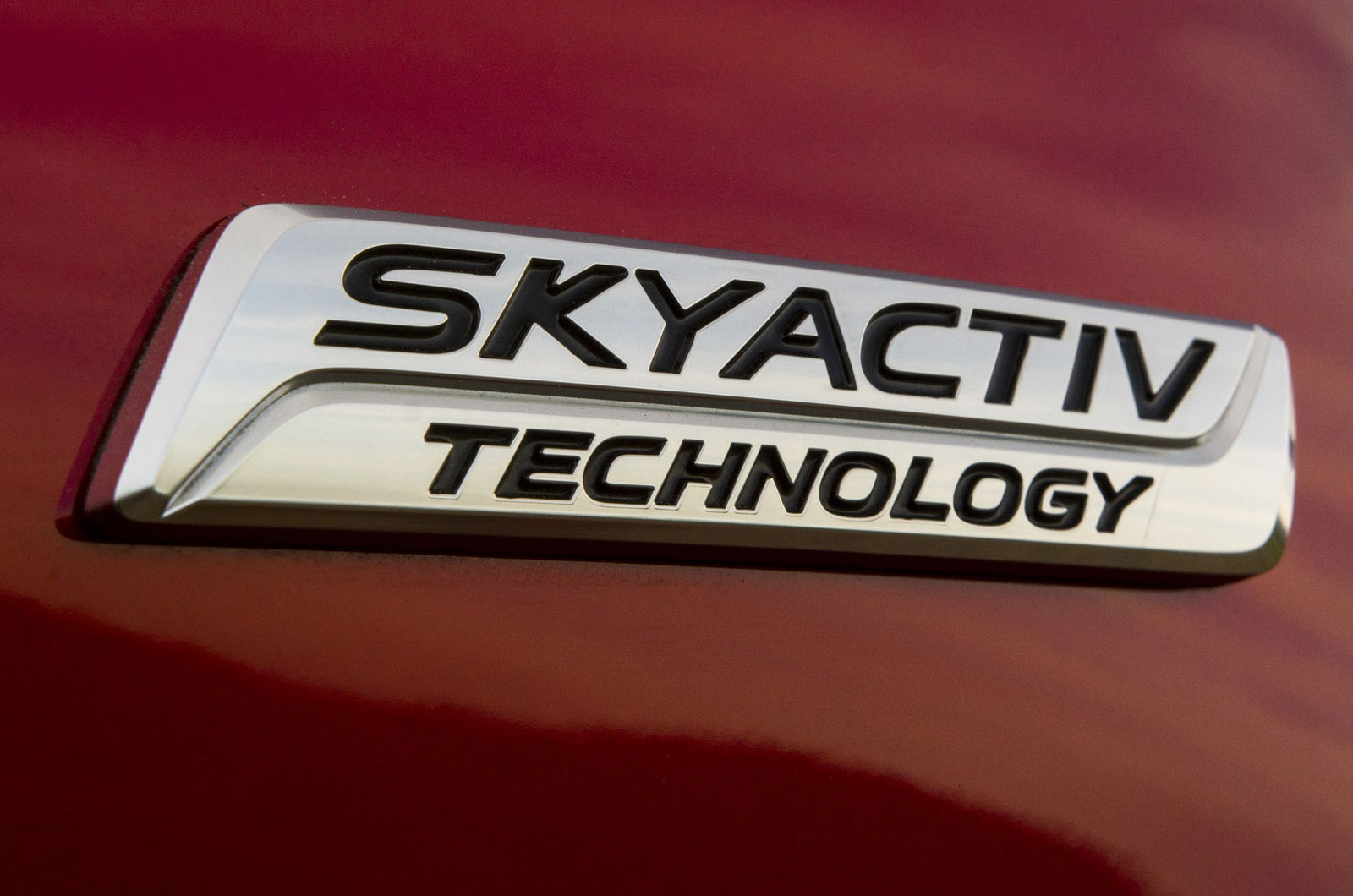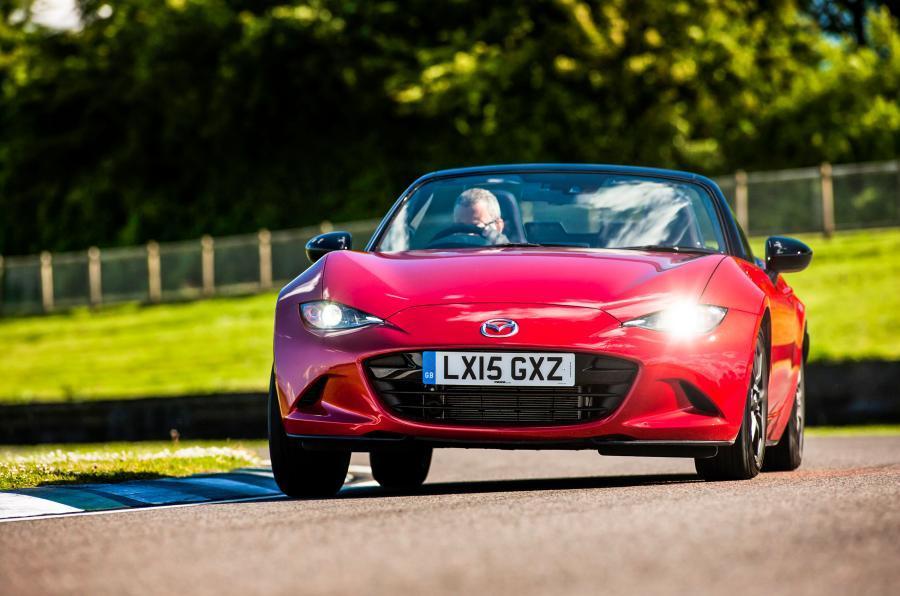Mazda pledged that its next generation of petrol-engine vehicles will be cleaner than electric cars due to the use of efficiency-boosting compression ignition technology - and it'll boost that promise in 2021, when a plug-in hybrid (PHEV) drivetrain will join the range.
The PHEV system will be the last of the planned drivetrains to be added to the Skyactiv-X range. The first to arrive will be the new petrol engines, which will replace the current Skyactiv-G units in 2019. These engines use compression ignition technology that has previously only been used in diesel engines. Mazda claims they are 30% more efficient than its current petrol units, matching or even improving on the brand’s Skyactiv-D diesel engine range.
Alongside the launch of these groundbreaking petrol units, the Japanese brand will add mild hybrid and full electric drivetrains to its line-up in 2019. The latter will be available in pure battery EV form or with a range extender engine. The technology will be shared with Toyota, which Mazda has recently teamed up with for research and development. The next Mazda 3 will also arrive in 2019, suggesting it could be an early benefiter of the new powertrains.
Interestingly, despite the zero tailpipe emissions of electric vehicles, Mazda claims that its Skyactiv-X engines will actually be the cleanest power sources in its range. Mazda said they'll produce lower carbon dioxide emissions than electric powertrains from a 'well-to-wheel' perspective - which accounts for the whole life cycle of a vehicle and the fuel needed to power it. The company has been developing the new engine technology for several years, as first reported by Autocar in 2014.
Compression ignition technology has not yet been used on a mass production scale in petrol engines. The system, labelled Spark Controlled Compression Ignition, mixes petrol and air together in the engine’s cylinder like a regular spark ignition engine, but then ignites it using compression at lower load or with a spark at higher loads. This means around half the volume of petrol is required for the same combustion level across most of the rev range.









Join the debate
Add your comment
Very clever but perhaps short sighted
If countries around the world follw through with their plans to ban sales of petrol and diesel vehicles, it won't really matter how efficient this new engine is. Equally, when the oil runs out, it won't be much use. So it can only be a stopgap solution I presume. But that may be all Mazda need for now. I read they are sharing technology with toyota, so they may be able to slot in a hybrid system without going to the trouble of developing it themselves. A hybrid of electric and this new engine could be interesting.
A slightly different approach
Refining, transport
My electric car consumes 40 miles/day at 400wh/mile = 16 kwh, which is less than the average daily energy produced by my solar panels....
Solar and EVs
Ditto for me. Average use20 kWh. Average solar geneation 75 kWh.